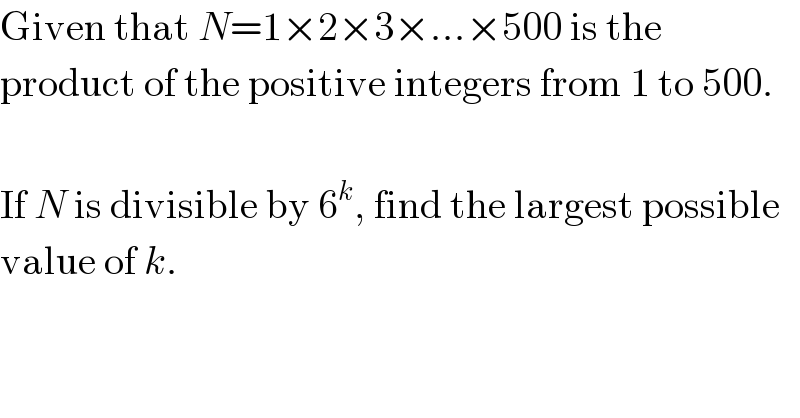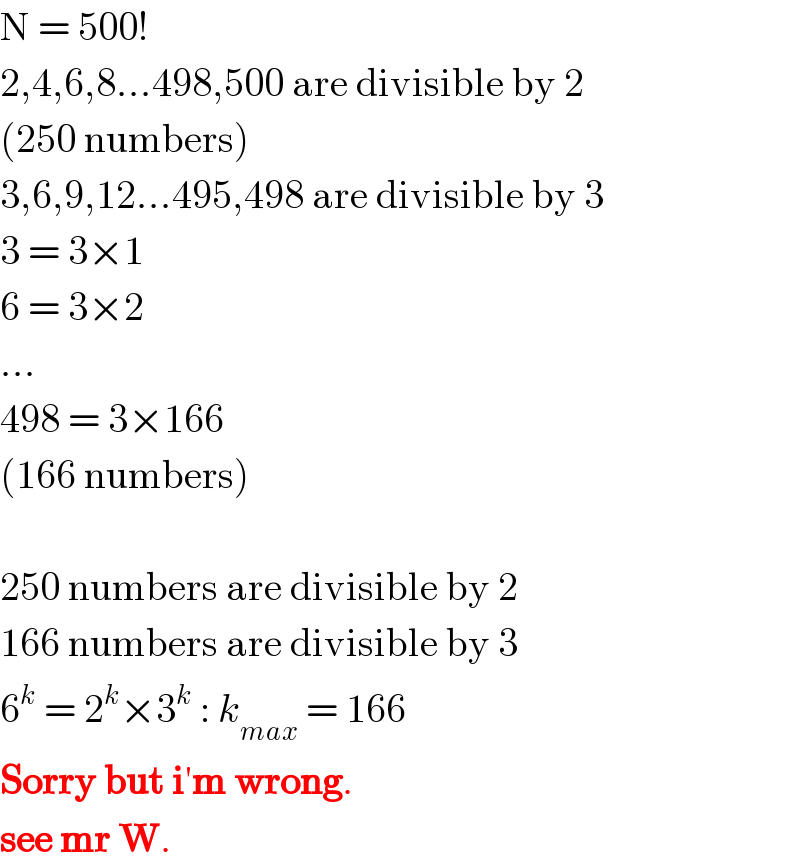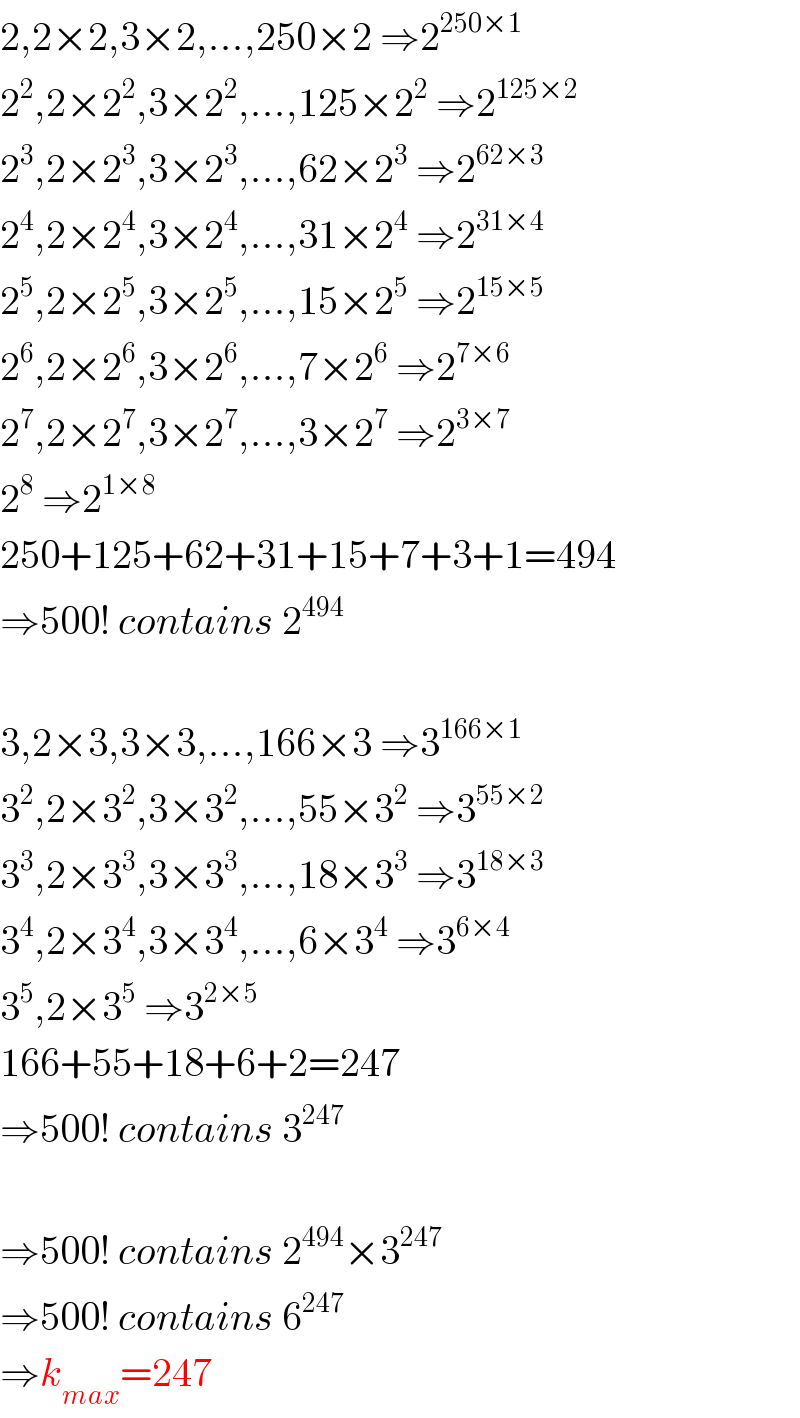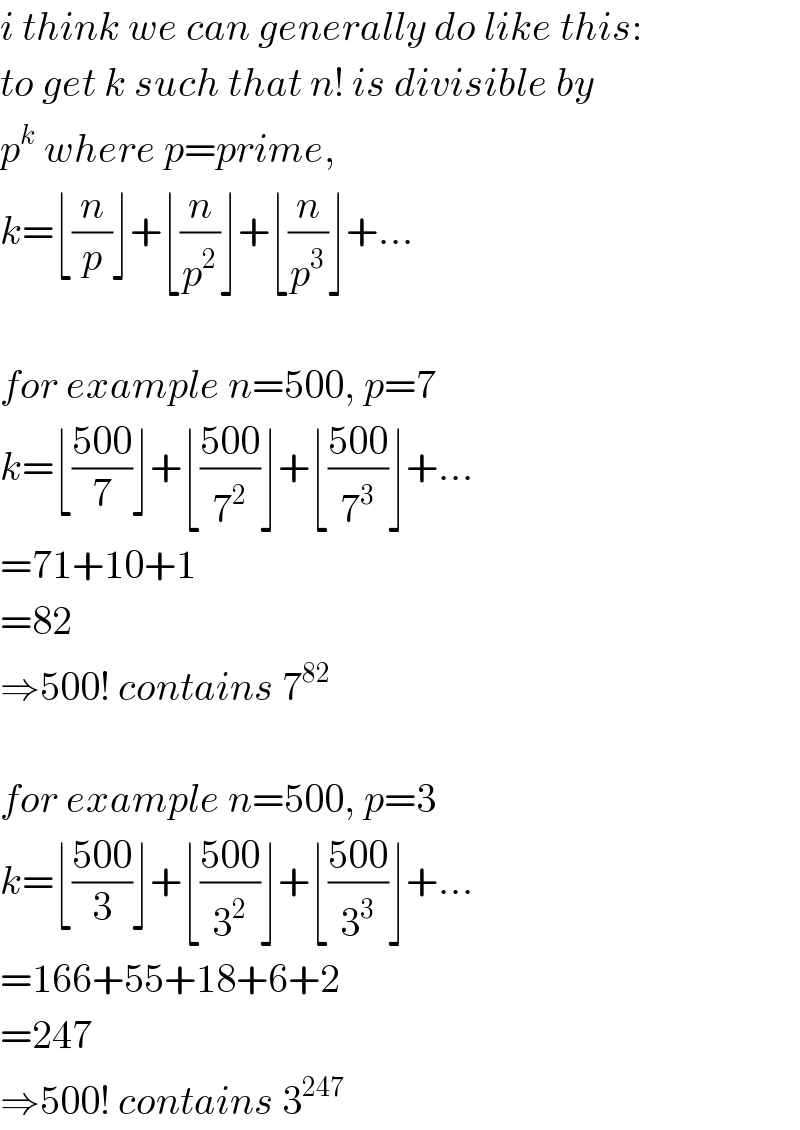
Question and Answers Forum
Question Number 115294 by ZiYangLee last updated on 24/Sep/20

Answered by Olaf last updated on 25/Sep/20

Answered by mr W last updated on 25/Sep/20

Commented by Olaf last updated on 25/Sep/20

Commented by mr W last updated on 25/Sep/20

Commented by ZiYangLee last updated on 26/Sep/20

Commented by Lordose last updated on 01/Oct/20

